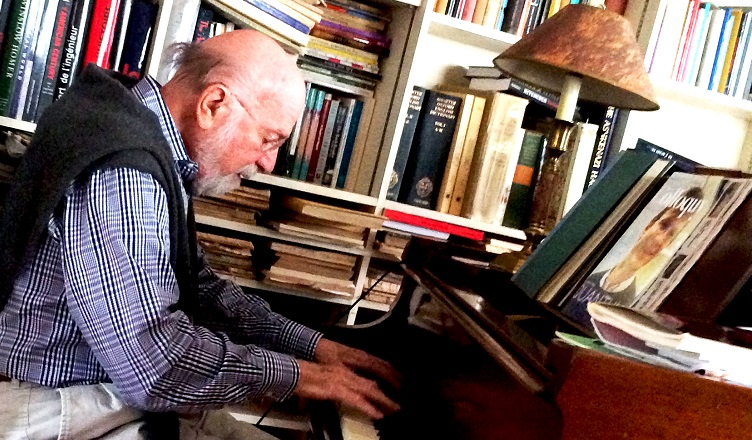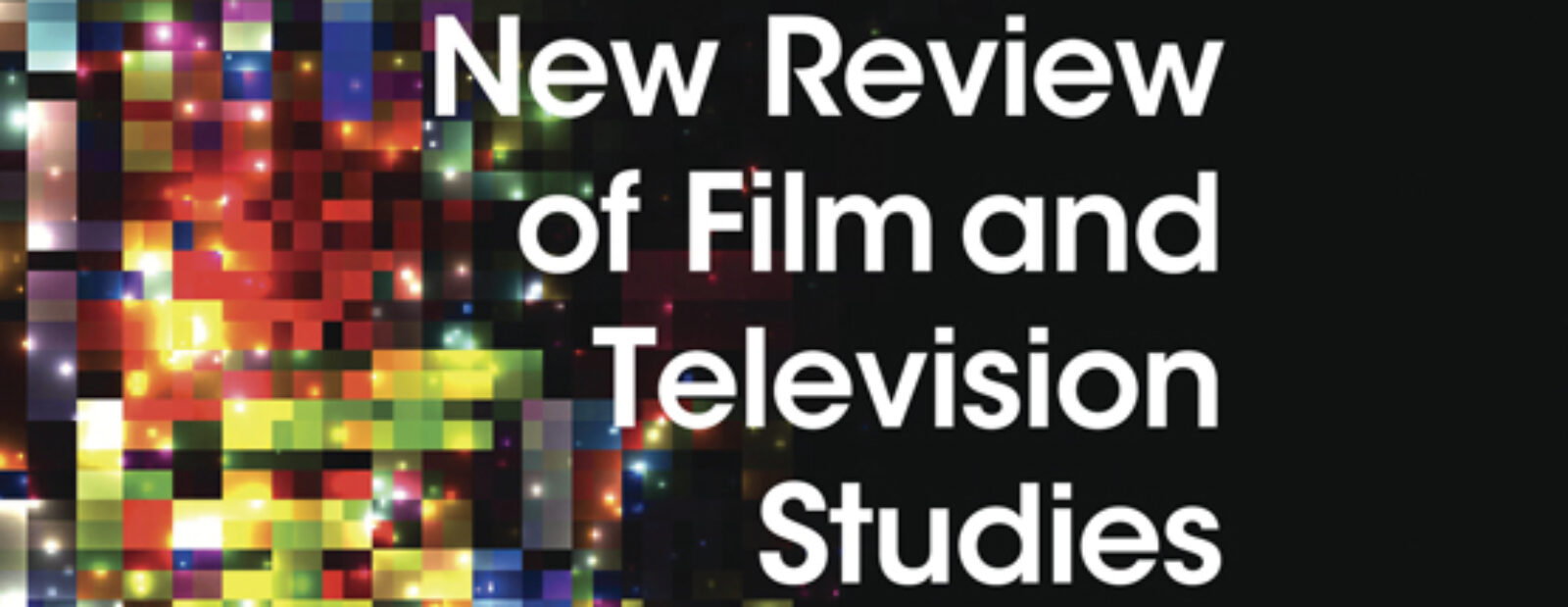By Kyle Barrowman
In my favorite passage in Stanley Cavell’s renowned 1981 book Pursuits of Happiness: The Hollywood Comedy of Remarriage, Cavell asks a question that I suspect few (if any) of us have ever consciously thought about, let alone precisely articulated: “What does a happy marriage sound like?” Cavell is led to this question by what he calls the “puzzle” which such films as The Awful Truth (1937) and Adam’s Rib (1949) pose in the form of the “almost incessant bickering” between their central couples. The remarried pairs in these films seem always to be at odds, always fighting over this issue or that remark. If this is what it is to be in pursuit of happiness, if this is what must be faced and withstood in order to achieve happiness, the pursuit appears rather daunting. In his attempt to solve this puzzle, Cavell wonders if “there may be a bickering that is itself a mark, not of bliss exactly, but say of caring,” which leads him to the postulation that “a willingness for marriage entails a certain willingness for bickering.” Not only does this issue strike Cavell as representing a key aspect of these films, and not only does he find the picture of marriage on display in these films to be an encouraging picture, but he goes on to say that each remarriage comedy serves equally as “a little parable of philosophy, or of philosophical criticism.” What Cavell concludes from all of this is that “since the sound of argument, of wrangling, of verbal battle, is the characteristic sound of these comedies,” it is equally characteristic of the remarried pairs therein to be able “to bear up under this assault of words, to give as good as [they] get, where what is good must always, however strong, maintain its good spirits, a test of intellectual as well as of spiritual stamina, of what you might call ‘ear’” (Cavell 1981: 86).
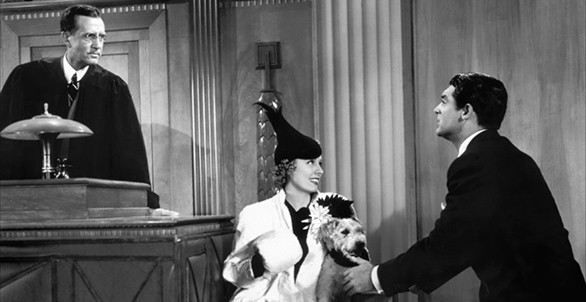
In an article forthcoming in New Review of Film and Television Studies entitled “Reconsidering Remarriage: Stanley Cavell and the Vicissitudes of Genre,” I engage with Cavell and his landmark work on remarriage comedies. More specifically, I critique and offer alternatives to a number of Cavell’s claims regarding this particular genre of film, claims which are predicated on Cavell’s conception of (the) genre but which have implications that extend to issues central to the endeavors of film theory and film criticism. It is my contention that there are numerous problems that plague Cavell throughout Pursuits of Happiness – theoretical problems, historical problems, and critical problems – and that these problems have only been compounded in subsequent scholarship on remarriage comedies. Therefore, I submit that it will only be after we undertake the long overdue task of separating the wheat from the chaff in Cavell’s groundbreaking work on remarriage comedies that we will be able to do justice to the history of cinema, the vicissitudes of moving image media beyond just the cinema, and even the profundity of the concept of remarriage itself. To say that my engagement with Cavell to this end is polemical would be an understatement. I am certain that some readers, even after simply reading the previous couple of sentences, will be incensed to one degree or another, put off by my arrogance, bluntness, presumptuousness, or what have you. Such responses to my work are old hat to me. Thus, rather than try to deny the polemical nature of my endeavor – instead I have embraced what Cavell once called the “necessary arrogance” of philosophical engagement (Cavell 1994: 10) – I want to use the opportunity of this blog post to write a preface of sorts to my article, as a way to prepare readers for the polemical impact that will likely accompany reading it.
To begin, I find it necessary to state for the record that I love polemics. It is my favorite kind of writing to read and it is my favorite kind of writing to write. Noël Carroll’s relentless assault on the philosophical imprecisions and at times outright nonsense that plagued the history of film theory up to the time that he entered the field, which took the form of two books, Philosophical Problems of Classical Film Theory and Mystifying Movies: Fads & Fallacies in Contemporary Film Theory, still stands out to me as among the most impressive scholarly efforts in the disciplinary history of film studies, while Andrew Britton’s blistering attack on the dangerous ideological presuppositions and the egregious methodological shortcomings of what came to be known as “Grand Theory” in his essay “The Ideology of Screen” is my favorite individual piece of film scholarship that I have ever read. There is an energy, an excitement, a passion, an intensity to polemics; it makes all other modes of scholarly engagement seem dull and pointless. In mind of Cavell’s insights pertaining to the concept of remarriage, the sound of polemics is music to my ears, and I love the sound of polemical argumentation in much the same way and for much the same reasons that I love the sound of the arguments in remarriage comedies: They are evidence of how much the parties involved care. These issues mean something, they are important, and so of course they are being discussed with fire and intensity. If the issues at play do not inspire such passion within you, and if you are not moved to express that internal fire burning within you in passionate prose, then why bother at all? Does it – can it – really matter to you? How much do you – can you – really care?
To me, this is self-evident. For as much as I love polemics, though, and for as often as I have polemicized in the past and will continue to polemicize in the future, I realize that polemics are not to everyone’s liking. I am aware of this and so I never assume that all scholars operate on the same wavelength. Though I pity those who abhor polemics for what (I think that) they are missing, and though I wish scholars were more open-minded and more tolerant of the many possible modes – or sounds – of scholarship, I understand that it is not for everyone. In basketball, not everyone likes to play in the paint. In hockey, not everyone likes to crash the net. In boxing, not everyone likes to stay in the pocket. I acknowledge these facts, but I also maintain that just as these are valid ways to play basketball, to play hockey, and to box, so this is a valid mode of scholarly inquiry. I do not just mean that it is valid for me to write polemical scholarship for my own personal enjoyment: I genuinely believe that polemical argumentation is the most productive form of scholarly inquiry, and I want very much to encourage my fellow scholars to polemicize. Assuming that many will bridle at such a claim and recoil from such a suggestion, I want to explain my reasons for thinking as I do and for conducting myself the way that I do.
Perhaps the clearest and most explicit articulation of the majority opinion on polemical argumentation – that it is improper and counterproductive – was provided by Michel Foucault; as Foucault characterized the differences between philosophy, which he considered proper, and polemics, which he considered improper:
In [“proper” philosophical discourse], the rights of each person are in some sense immanent in the discussion … The person asking the questions is merely exercising the right that has been given him: to remain unconvinced, to perceive a contradiction, to require more information, to emphasize different postulates, to point out faulty reasoning, and so on. As for the person answering the questions, he too exercises a right that does not go beyond the discussion itself; by the logic of his own discourse, he is tied to what he has said earlier, and by the acceptance of dialogue he is tied to the questioning of the other. Questions and answers depend on a game – a game that is at once pleasant and difficult – in which each of the two partners takes pains to use only the rights given him by the other and by the accepted form of the dialogue. The polemicist, on the other hand, proceeds encased in privileges that he possesses in advance and will never agree to question. On principle, he possesses rights authorizing him to wage war and making that struggle a just undertaking; the person he confronts is not a partner in the search for the truth but an adversary, an enemy who is wrong, who is harmful, and whose very existence constitutes a threat. For him, then, the game consists not of recognizing this person as a subject having the right to speak but of abolishing him, as interlocutor, from any possible dialogue; and his final objective will be not to come as close as possible to a difficult truth but to bring about the triumph of the just cause he has been manifestly upholding from the beginning. (Foucault 1984/1997: 111-112)
These sentiments are certainly the scholarly majority. I readily acknowledge this. Rather than argue against this, I want to reframe the issue entirely. (Perhaps this is quixotic of me, but I hope that readers will follow me with an open mind as I tilt at these windmills.) For my part, I want to preserve Foucault’s metaphor of the “game” – not least because Cavell surely would have appreciated the Wittgensteinian resonance – but I want to push Foucault on the implicit belief that polemical argumentation constitutes a different game from philosophy, rather than simply a different way of playing the game of philosophy. To extend the game metaphor to sports – and choosing basketball and hockey as my examples of choice and my hometown Chicago Bulls and Chicago Blackhawks as my teams of choice – there are many different ways of “playing the (same) game.” Michael Jordan, Steve Kerr, and Dennis Rodman, all members of the championship Chicago Bulls basketball team, all played the same game, but not one of them played the game the same way. Analogously, Patrick Kane, Jonathan Toews, and Dustin Byfuglien, all members of the championship Chicago Blackhawks hockey team, all played the same game, but not one of them played the game the same way. Is it fair to single out Rodman and Byfuglien and say that they gave up the games of basketball and hockey, or that they evaded/renounced/betrayed the games, while singling out Jordan and Kane and saying that they played the game “properly”? Or did Rodman and Byfuglien simply play the (same) games differently?
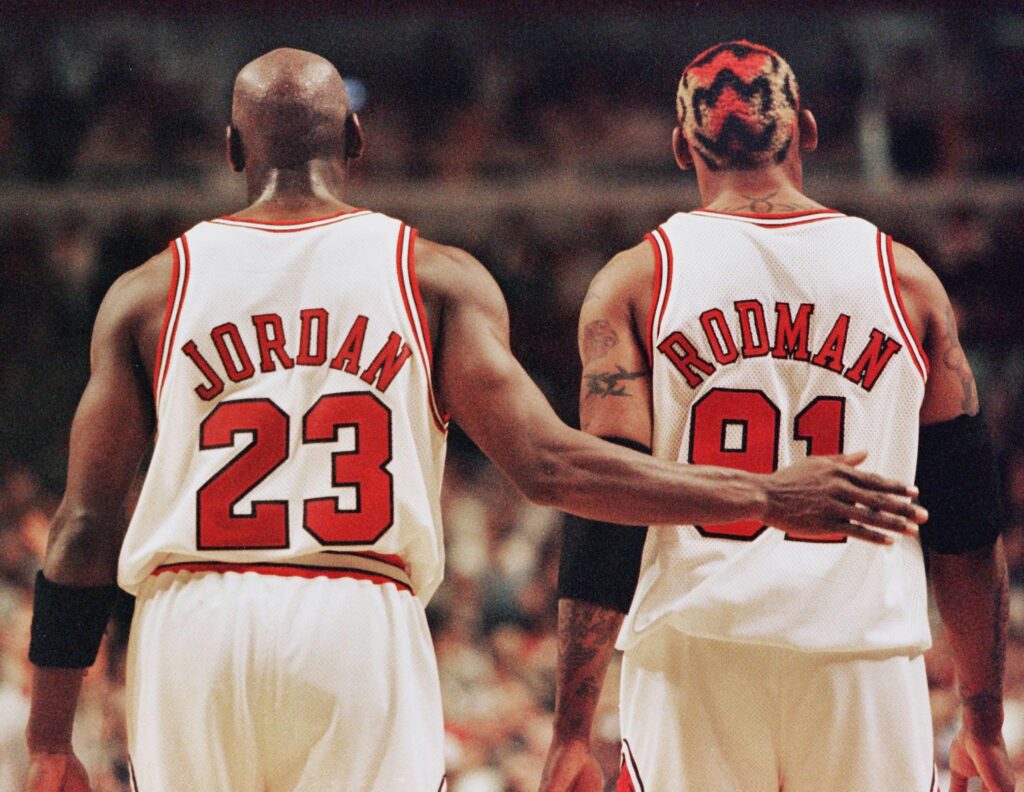
Importantly, these game metaphors can be extended beyond such team sports as basketball and hockey. Since scholarly inquiry is an individual endeavor, individual sports can provide even greater clarity. Consider combat sports such as boxing and mixed martial arts. When sparring with an opponent – and, significantly, the term “opponent” in this context can be and often is used interchangeably with “partner,” so, really, I should say: When training with one’s sparring partner – what value is there in always pulling your punches? How can you know the effectiveness of your offensive weapons if you always hold back? And how can you know the effectiveness of your defensive skill if your opponent/partner always holds back? Is the short-term result of not getting punched or kicked too hard really worth the long-term result of not improving, and potentially even putting yourself at risk should you ever have to really use your (deficient) skills to protect yourself from someone who is not pulling their punches? This is not to say that sparring is not valuable if you pull your punches; it is to say, however, that sparring is most valuable when you do not.
As adults, when we have occasion to play games with children, we sometimes have to hold back and pull our punches. But if we conceive of philosophy, as Cavell conceived of it, as “the education of grownups” (Cavell 1979: 125), then why when we are among adults should we infantilize each other and pull our punches? Should grownup philosophy not be a bit difficult and a bit painful in the short-term so that, in the long-term, we may grow and evolve? If scholars are tough enough to take the short-term punishment of polemical argumentation, the long-term benefits are substantial, hence Stuart Hall’s preference for conceiving of scholarly inquiry as “wrestling with the angels”:
The only theory worth having is that which you have to fight off, not that which you speak with profound fluency … My own experience of theory and Marxism is certainly a case in point … of wrestling with the angels – a metaphor you can take as literally as you like. I remember wrestling with Althusser … I felt, I will not give an inch to [him] … unless he beats me down, unless he defeats me in the spirit. He’ll have to march over me to convince me. I warred with him. (Hall 1992: 281)
In much the same spirit, D.N. Rodowick has tried to draw scholarly attention to “the value of being disagreeable” (Rodowick 2013), while William Rothman recently published a collection of writings on Cavell in which he made it a point to include (and talk about at great length in his prefatory remarks) five polemical chapters (Rothman 2021). Though these are minority opinions, I am firmly within this scholarly camp. I believe that ideas and arguments must be attacked as forcefully as possible to determine where if anywhere there are weaknesses, because if there are any weaknesses, it will be by virtue of such intense pressure that they will be found and can then be strengthened. Significantly, however, this pull-no-punches approach to philosophy presupposes, contra Foucault, a mutuality between intellectual sparring partners: If you attack me with everything that you have, without pulling any punches, then not only will you improve and grow stronger as a scholar, but so will I. Just as iron sharpens iron, so arguments sharpen arguments.
Of course, with Cavell’s passing in 2018, there is obviously no sense in which I can consider myself sparring with him so that we may strengthen our iron/arguments together. This is no doubt one of the reasons why reactions to my article have been and will likely continue to be charged: It may well seem to some that I am taking cheap shots at a beloved figure who is sadly no longer with us. This is one instance where game/sport metaphors do not extend in every direction. Clearly, I am not sparring with Cavell. Indeed, to the extent that scholarship is not merely an individual endeavor, but a solitary endeavor, with each of us alone with our books (or PDFs) and our pens (or laptops), it may even be more accurate to analogize scholarly inquiry to shadowboxing. We begin alone and then we search for others with whom to engage, or commune. Perhaps, then, it would be better to conceive of each individual scholar as making with each piece of scholarship what Cavell called a “claim to community” (Cavell 1979: 20). The question then would be: What kind of community is film studies, or what kind of community could/should it be?
To the extent that most scholars abhor polemics, for a polemicist like me to make a claim to community might seem ludicrous. Would polemicists not be prime candidates for excommunication? This problem is by no means unique to film studies, but it is more than a little disheartening that we as a discipline have done so little to solve it. The problem was put nicely, and with reference to a film to boot, by Andrew Sarris:
[The only thing beyond criticism] is the historical curiosity required to discuss any critical theory of film. A character in Bernardo Bertolucci’s Before the Revolution [1964] observes that you can argue only with those with whom you are in fundamental agreement. “Let us polemicize,” a Polish critic once wrote me. The affectionate aggressiveness of this attitude demands a modicum of mutual respect and a tradition of scholarly community sadly lacking in American film criticism. (Sarris 1968/1996: 26)
Why does our discipline lack this sense of community? Perhaps the most obvious reason is that people – and especially academics – can be quite sensitive. The most minor counterpoint with regard to an argument of ours can hit us like the most devastating blow to our character. If I say something as simple as Cavell was rather ignorant regarding the history of film, I am almost invariably taken to mean that Cavell was a terrible film scholar who never should have been allowed to write a word about the art form and that nobody for the rest of eternity should ever take seriously any claim that he ever made. But that is neither what I said nor what I meant. This is a clear case of projection. My actual intention and my actual point are nowhere to be found in this equation. Relatedly, people – and especially academics – can also be quite possessive and protective when it comes to that which/those whom we love and respect. Someone who spent their career being taught by or working with a particular thinker, or someone who devoted their PhD to the work of a particular school of thought, may lash out at the slightest perceived attack on that which/those whom they hold dear. Once again, however, this has less to do with argumentation and more to do with oversensitivity. Nowhere is it written that every criticism of an idea is equally an assault on the character of every person who has ever held or expressed that idea. If every point of argumentation is taken as a personal attack, then, frankly, I fear for the future of academic inquiry, as we all slink away to our protective echo chambers occupied only by those who think and feel exactly as we do and in which we will never be challenged to reconsider or strengthen a single idea. Needless to say, such childishness would be the opposite of an education for grownups.
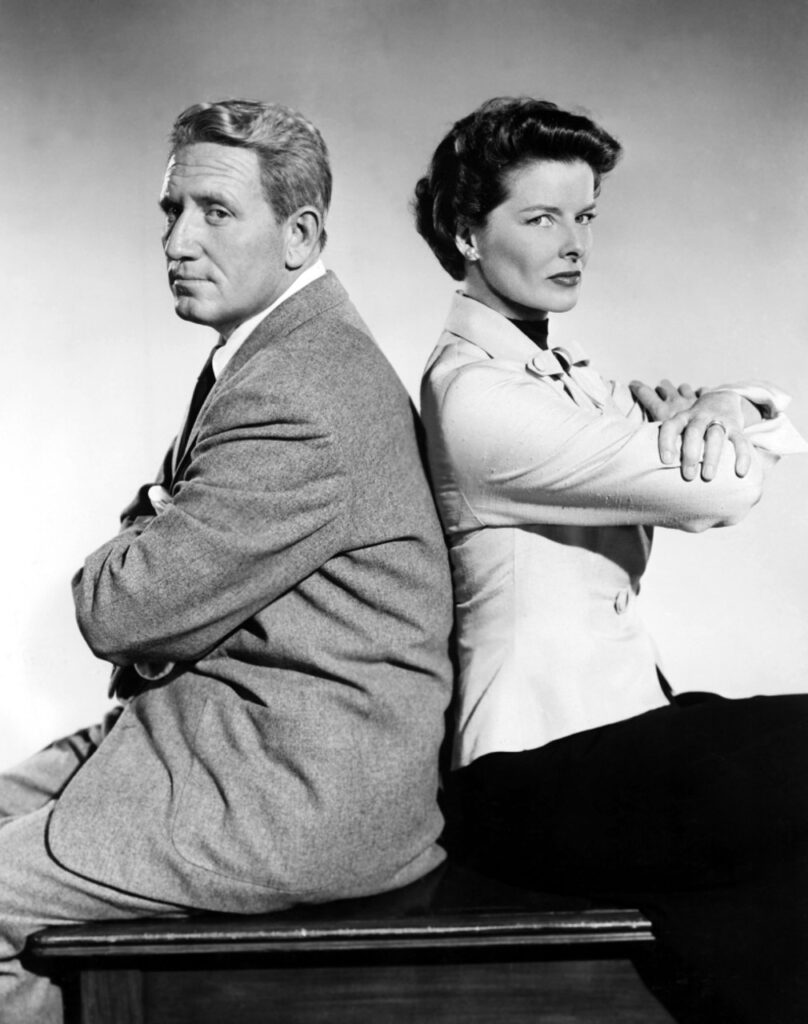
Against this picture of scholarship, I think that we ought to strive for something like the idea of community given voice to (in their own ways) by Cavell and Sarris. The idea that the most productive conversation can only exist on a foundation of profound agreement is an interesting one – one which I am not sure that I agree with entirely, as I would also want to encourage even true opponents in thought and spirit, from Democrats and Republicans, to capitalists and Marxists, and religious people and atheists, etc., to also participate in dialogues and engage with the “loyal opposition,” as it were – but there is an obvious and significant problem that may prevent us from ever even getting off the ground: How can we ensure that our interlocutors register the fact that we are in profound agreement? That is, how can we establish at the outset, in the event even that we are facing a true opponent, that we are interested in a mutual search for truth together and not merely in a browbeating demonstration our own narcissistic/solipsistic right(eous)ness?
Some benefits of the doubt may need to be extended, and some scholars may need to learn to be a bit more tolerant and open-minded, but one thing is for sure: If we start from the premise that we cannot possibly be in agreement with anyone who thinks and acts in ways that differ from how we think and act, then no genuine conversation will ever be possible. Ironically, for as much as Foucault wanted to facilitate “proper” philosophical discourse by eschewing polemics, his desire to exclude from his subjective sense of “proper” philosophy all who/that did not meet with his individual approval is the very definition of “proceed[ing] encased in privileges that he possesses in advance and will never agree to question.” Foucault believed that anyone who found value in polemics could not possibly be an intellectual sparring partner but only “an adversary, an enemy who is wrong, who is harmful, and whose very existence constitutes a threat,” hence his desire to abolish polemicists “from any possible dialogue.” As is all too often the case, good intentions pave the way to the very Hell that they were meant to guard against. Pluralism is meaningless in the absence of plurality, and a tolerance for only that which we like is an all the more pernicious form of intolerance. We should welcome as many voices as are audible, and we should engage with more people than just those who think exactly what and as we think, because for all we know, one of those voices might have something to say that will change for the better the way that we think, that may very well change who we are or who we want to be.
To conclude this quasi-preface to my forthcoming article, I want to request that those interested in film studies, Cavell, and remarriage read my article first and foremost as an engagement with the work of a particular thinker – that is, as a passionate engagement with fruitful ideas given voice to by one of the most inspirational thinkers to ever write about film – but also as a little parable of philosophy, or of philosophical criticism. I guarantee that I will say at least a couple of things that will shock you and/or enrage you. That is par for the course with my writing. However, in the spirit of the comedies of remarriage that I know we all in film studies love, please approach my work with a certain willingness for bickering. At those places where you disagree with me, perhaps intensely, I want you to bicker with me. That will be the mark, first, of how much you care about the issues at play, and second, of how much you respect the idea of a community of passionately engaged scholars. As a community of scholars, our scholarship creates a certain collective disciplinary sound. As a test of our academic ear, I want us to think seriously about the question: What does a productive discipline sound like? Should we not work to be strong enough to bear up under any assault of words? Should we not aspire to be able to give as good as we get in debates over even our most cherished ideas? Should we not demonstrate our ability to fight with all of our might for what we believe in while at the same time maintaining our good spirits and preserving our profound agreement regarding our shared respect for diversity of opinion and our shared commitment to philosophical inquiry into the wonderful art of film? This would certainly be a test of our intellectual and spiritual stamina. The question that I leave you with, and which my forthcoming article serves to pose, is: Are we up to the test?
References
Cavell, Stanley. The Claim of Reason: Wittgenstein, Skepticism, Morality, and Tragedy (Oxford: Oxford University Press, 1979).
Cavell, Stanley. Pursuits of Happiness: The Hollywood Comedy of Remarriage (Cambridge, MA: Harvard University Press, 1981).
Cavell, Stanley. A Pitch of Philosophy: Autobiographical Exercises (Cambridge, MA: Harvard University Press, 1994).
Foucault, Michel. “Polemics, Politics, and Problematizations: An Interview with Michel Foucault,” in Paul Rabinow, ed., Ethics: Subjectivity and Truth (New York: The New Press, 1984/1997), pp. 111-119.
Hall, Stuart. “Cultural Studies and Its Theoretical Legacies,” in Lawrence Grossberg, Cary Nelson, and Paula Treichler, eds., Cultural Studies (London: Routledge, 1992), pp. 277-294.
Rodowick, D.N. “The Value of Being Disagreeable,” Critical Inquiry 39.3 (2013): 592-613.
Rothman, William. The Holiday in His Eye: Stanley Cavell’s Vision of Film and Philosophy (Albany: State University of New York Press, 2021).
Sarris, Andrew. The American Cinema: Directors and Directions 1929-1968 (Cambridge, MA: Da Capo Press, 1968/1996).
Register for NRFTS alerts so you’ll know when Kyle Barrowman’s forthcoming article is available, and in the meantime enjoy these related reads:
Wim Staat, “Everydayness in Film Ethics: Stanley Cavell, Heddy Honigmann, P®ivé“
Kyle Stevens, “Romantic comedy and the virtues of predictability”
